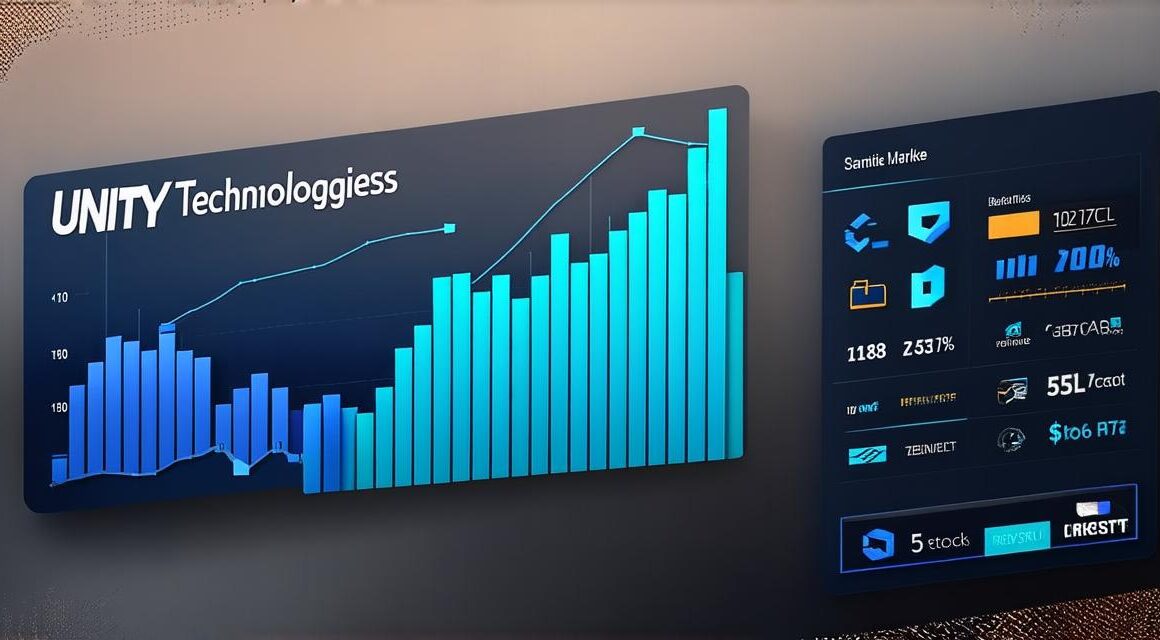Introduction
Unity Technologies is a popular game development engine that has been gaining popularity among developers for its ease of use and versatility. However, in recent years, the stock value of Unity has seen a significant decline, causing many investors to question its long-term viability. In this article, we will explore some of the factors contributing to this decline and how developers can mitigate these risks.
Factors Contributing to Decline in Unity Stock Value
1. Increased Competition
One of the main factors contributing to the decline in Unity’s stock value is increased competition from other game development engines such as Unreal Engine and CryEngine. These engines offer similar capabilities, but with some key differences that may make them more suitable for certain types of games.
2. Decline in Gaming Market
Another factor contributing to the decline in Unity’s stock value is a decline in the gaming market as a whole. The COVID-19 pandemic has had a significant impact on the gaming industry, with many players turning away from traditional console and PC games in favor of mobile and free-to-play games. This shift in consumer behavior has led to a decline in revenue for game developers, including those using Unity as their development platform.
3. Dependence on Advertising Revenue
Unity’s stock value has also been impacted by its heavy reliance on advertising revenue. While this revenue stream can be lucrative, it is subject to fluctuations in the advertising market. As advertisers become more selective about where they spend their ad dollars, Unity may see a decline in advertising revenue, leading to a decline in stock value.
4. Limited Monetization Opportunities
Finally, Unity’s stock value has been impacted by its limited monetization opportunities compared to other game development engines. While Unity offers a range of tools for developing and publishing games, it does not offer the same level of control over pricing and revenue sharing as other engines. This can make it more difficult for developers to generate significant revenue from their games, leading to a decline in stock value.
Mitigating Risks
Despite these challenges, there are steps that developers using Unity can take to mitigate risks and ensure the long-term success of their projects.
1. Diversify Revenue Streams
One key strategy for mitigating risks is to diversify revenue streams. While advertising can be a lucrative source of revenue, it should not be the sole source of income. Developers using Unity should explore alternative revenue streams such as in-app purchases, subscriptions, and merchandising. This will help to reduce their reliance on external factors that may impact advertising revenue.
2. Focus on High-End Games
Another strategy for mitigating risks is to focus on high-end games that are more likely to generate significant revenue. While mobile and free-to-play games can be lucrative, they often have a shorter shelf life than console and PC games. Developers using Unity should consider focusing on games that require more advanced graphics and gameplay mechanics, such as VR games or AAA titles.
3. Invest in Research and Development
Finally, developers using Unity should invest in research and development to stay ahead of the competition. This may involve exploring new technologies such as blockchain or augmented reality (AR) that can be integrated into games using Unity. By staying at the forefront of innovation, developers can differentiate themselves from competitors and ensure the long-term success of their projects.
Summary
In conclusion, there are several factors contributing to the decline in Unity’s stock value, including increased competition, a decline in the gaming market, dependence on advertising revenue, and limited monetization opportunities. However, by diversifying revenue streams, focusing on high-end games, and investing in research and development, developers using Unity can mitigate these risks and ensure the long-term success of their projects.
FAQs
1. What are some alternative revenue streams for developers using Unity?
In-app purchases, subscriptions, and merchandising are all alternative revenue streams for developers using Unity.
2. What types of games should developers using Unity focus on?
Developers using Unity should consider focusing on high-end games that require more advanced graphics and gameplay mechanics, such as VR games or AAA titles.
3. How can developers staying ahead of the competition ensure the long-term success of their projects?
Developers can stay ahead of the competition by investing in research and development to explore new technologies that can be integrated into games using Unity. This will help them differentiate themselves from competitors and ensure the long-term success of their projects.



